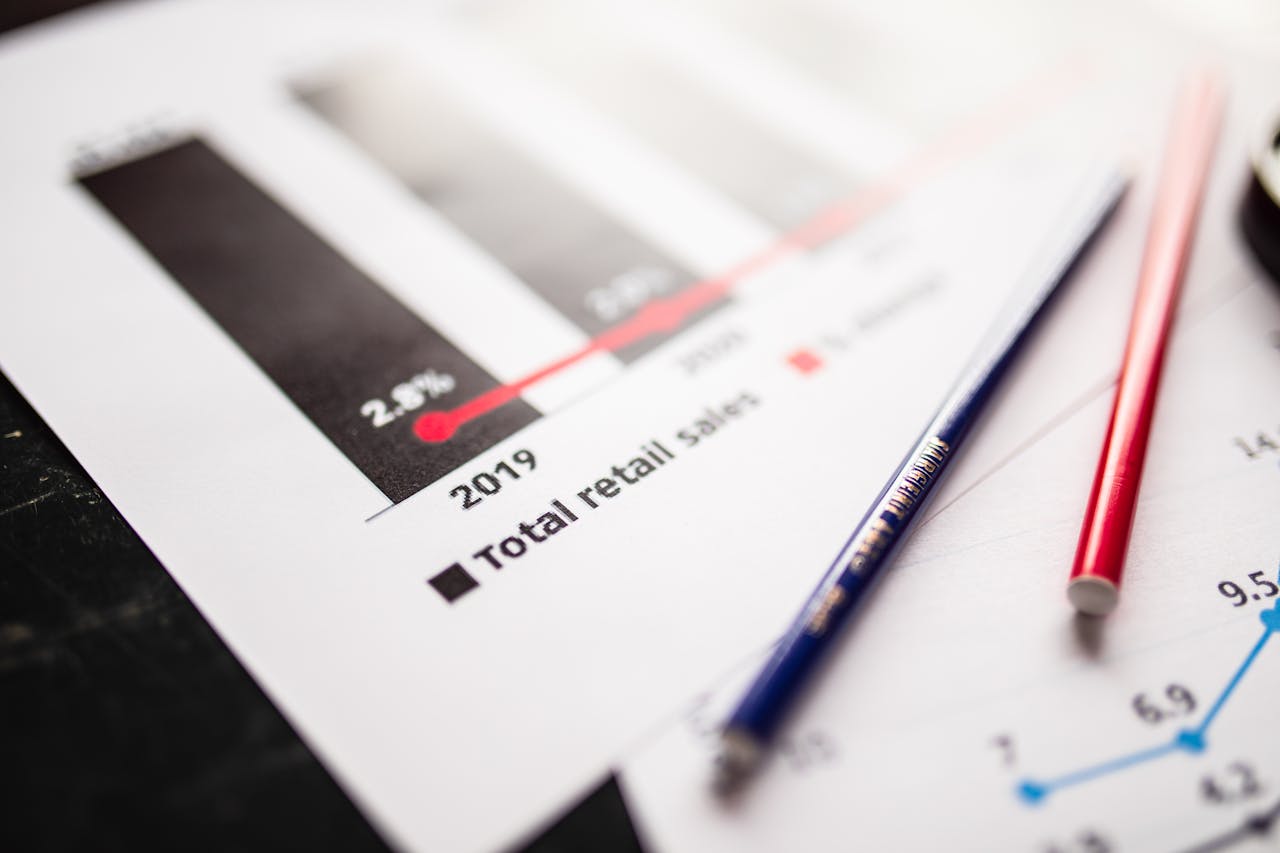Promotions have always been part of retail, but today’s shoppers expect more than blanket discounts and generic sales emails. They want deals that feel relevant, tailored to what they like, how they shop, and when they’re ready to buy. That’s why CRM systems are important. These platforms help retailers move beyond one-size-fits-all campaigns and into personalized, data-driven promotions. When CRM is used effectively, it becomes the engine behind stronger customer engagement, better timing, and higher conversion rates, making every promotion feel more like a helpful suggestion than a hard sell.
Using Customer Data to Personalize Offers
Modern CRMs give retailers a full view of each customer: purchase history, browsing behavior, preferences, and even average spend. With this data, brands can craft highly targeted promotions, like sending a discount on running shoes to someone who just browsed athletic gear. Instead of blasting the same coupon to everyone, CRM helps create smarter segments. Customers who feel like a brand “gets them” are more likely to respond and less likely to unsubscribe. Personalized offers also build loyalty over time, showing shoppers that they’re seen as individuals, not just entries in a database.
Timing Promotions for When They’ll Hit Best
A great deal sent at the wrong time is easy to ignore. CRM tools help retailers find the right moment to connect. By analyzing shopping patterns, retailers can learn when customers are most likely to open emails, revisit a website, or make repeat purchases. CRM can also trigger automatic promotions, for example, a birthday coupon or a follow-up deal after someone abandons their cart. Timing is everything in retail, and CRM systems help take the guesswork out. Smarter timing means better results without needing to constantly launch huge, site-wide sales.
Keeping Customer Data Safe While Promoting Effectively
As retailers gather more personal data to fine-tune promotions, protecting that information becomes just as important as using it wisely. CRMs store sensitive customer records: names, contact details, purchase activity, and these systems are often connected to payment platforms or loyalty programs. That’s why many retail brands work with managed detection and response providers, who monitor their CRM environments for signs of unauthorized access or suspicious behavior. This ensures marketing teams can build smart, data-driven promotions while IT teams keep that data secure. Trust is the foundation of every successful campaign.
Making In-Store and Online Offers Work Together
Today’s shoppers don’t see channels. They just see a brand. Whether they’re browsing online, buying in-store, or shopping through a mobile app, the promotions they see should feel consistent. CRM platforms help retailers bridge this gap by syncing data across every channel. A customer might receive an email offer, then redeem it in a physical store. Or they might see an in-store special that follows them home via a digital ad. When promotions work together across touchpoints, customers get a smoother experience, and retailers build stronger brand connections.
Tracking What Works, and What Doesn’t
Not every promotion hits the mark, and that’s okay, as long as brands learn from it. CRM systems allow retailers to track which offers were opened, clicked, redeemed, or ignored. They can compare how different customer groups respond to different messages, helping refine future campaigns. Over time, this data reveals what motivates real action, and what falls flat. Promotions become less about guessing and more about learning. CRM transforms promotions from a gamble into a strategy that improves with every send.
